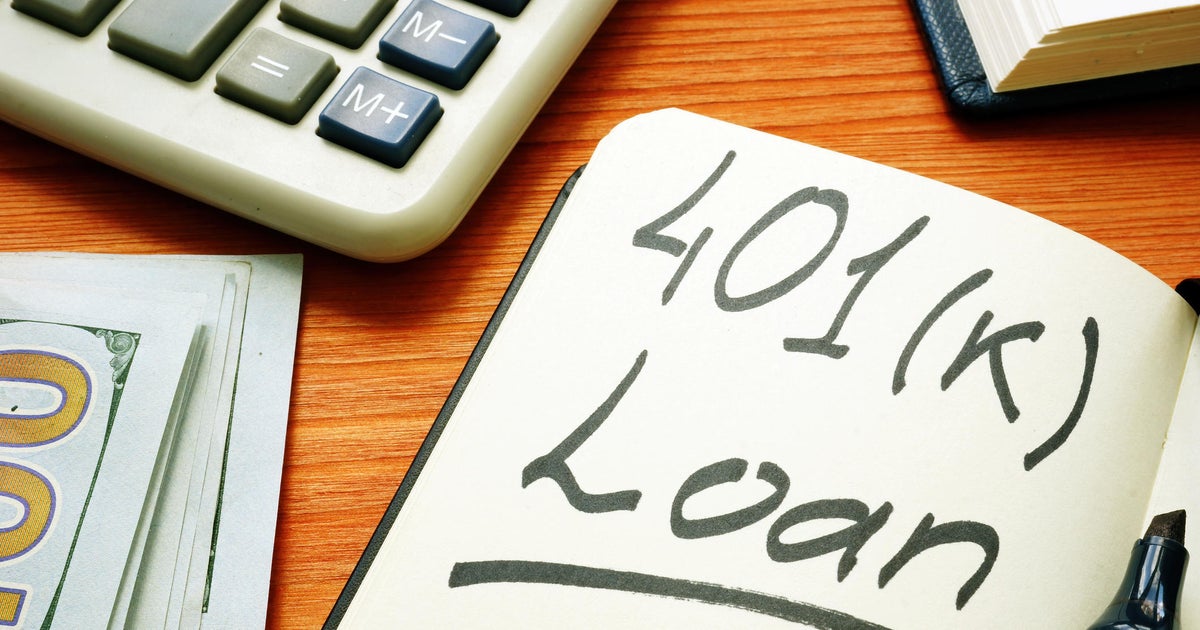Will the average home equity amount rise in 2025? Here's what experts think.
After years marred by elevated interest rates, limited inventory and high prices, the housing market is showing signs of life again. Mortgage rates have fallen recently, and homeowners are seeing their home equity grow. According to real estate analytics firm CoreLogic, homeowners with mortgages added $1.3 trillion in equity over the past year, an 8% year-over-year increase. These homeowners have accumulated $17.6 trillion in total equity as of the second quarter of 2024.
As a result, the average homeowner now has about $319,000 in home equity, according to the November ICE Mortgage Monitor. Lenders generally allow you to borrow up to 80% of your home's equity through a home equity loan or home equity line of credit (HELOC). Tapping home equity to improve your financial well-being — such as by consolidating high-interest debt or funding a home improvement project that adds value to your home — are popular uses.
Given the substantial uptick in home equity recently, it makes sense to consider whether it will rise even more in the new year. So what do the experts say about home equity trends in 2025?
Start comparing your top home equity borrowing options today.
Will the average home equity amount rise in 2025?
"We believe average home equity should rise in 2025," says Roger Ashworth, head of research and data analytics at investment platform Saluda Grade. "Most estimates for home price appreciation are in the low- [to] mid-single digit area. Holding all things equal, if home prices appreciate, homeowners either with or without a mortgage should build equity."
Ashworth notes that most mortgages are 30-year, amortized, fixed-rate, level-pay loans with balances that should decrease over time — contributing to additional home equity.
Dr. Selma Hepp, chief economist at CoreLogic, also foresees modest home equity growth in 2025.
"With home prices being the main driver behind home equity gains, next year's trends will depend on the outlook for home prices. Corelogic predicts an average of 1.4% increase in home prices next year, which means that equity will continue to increase, albeit at a slower pace," Hepp says. "Also note that there are markets where home prices have fallen over the course of last year, so they will be reporting some equity losses and may continue to see those next year as well."
Limited housing inventory has significantly influenced home prices and, consequently, home equity in recent years. This trend figures to continue in 2025, according to Michael Gifford, founder and CEO of financial technology company Splitero.
"Home equity will continue to rise in 2025 as inventory shortages keep prices on the upswing, and higher interest rates deter homeowners from selling. Despite a slight rate dip, low housing inventory will also keep house prices and home equity elevated, especially in high-demand areas," Gifford says.
Learn more about the best home equity rates available to you now.
What does rising home equity mean for homeowners?
Increasing the equity in your home can improve your overall financial health. For starters, having more equity puts you in a stronger position if you decide to sell your home or refinance your mortgage loan. More equity means it's less likely an economic downturn could leave you underwater on your mortgage, owing more than the home is worth.
With sufficient equity, you may also qualify to borrow against your home with a home equity loan or HELOC, both of which typically carry lower interest rates than other types of credit. These options may help you fund home improvements, pay for higher education or consolidate debt.
The bottom line
With mortgage rates trending lower and housing inventory expected to remain tight, most experts anticipate continued growth in home equity through 2025, albeit at a more modest pace than in recent years. While CoreLogic projects home price appreciation of just 1.4%, the combination of gradually rising home values and ongoing mortgage principal payments should help homeowners continue building wealth through their properties. However, market performance will likely vary significantly by region, with some areas potentially seeing small declines in home values and equity. For homeowners, this generally positive outlook means continued opportunities to leverage their equity for strategic financial moves.




